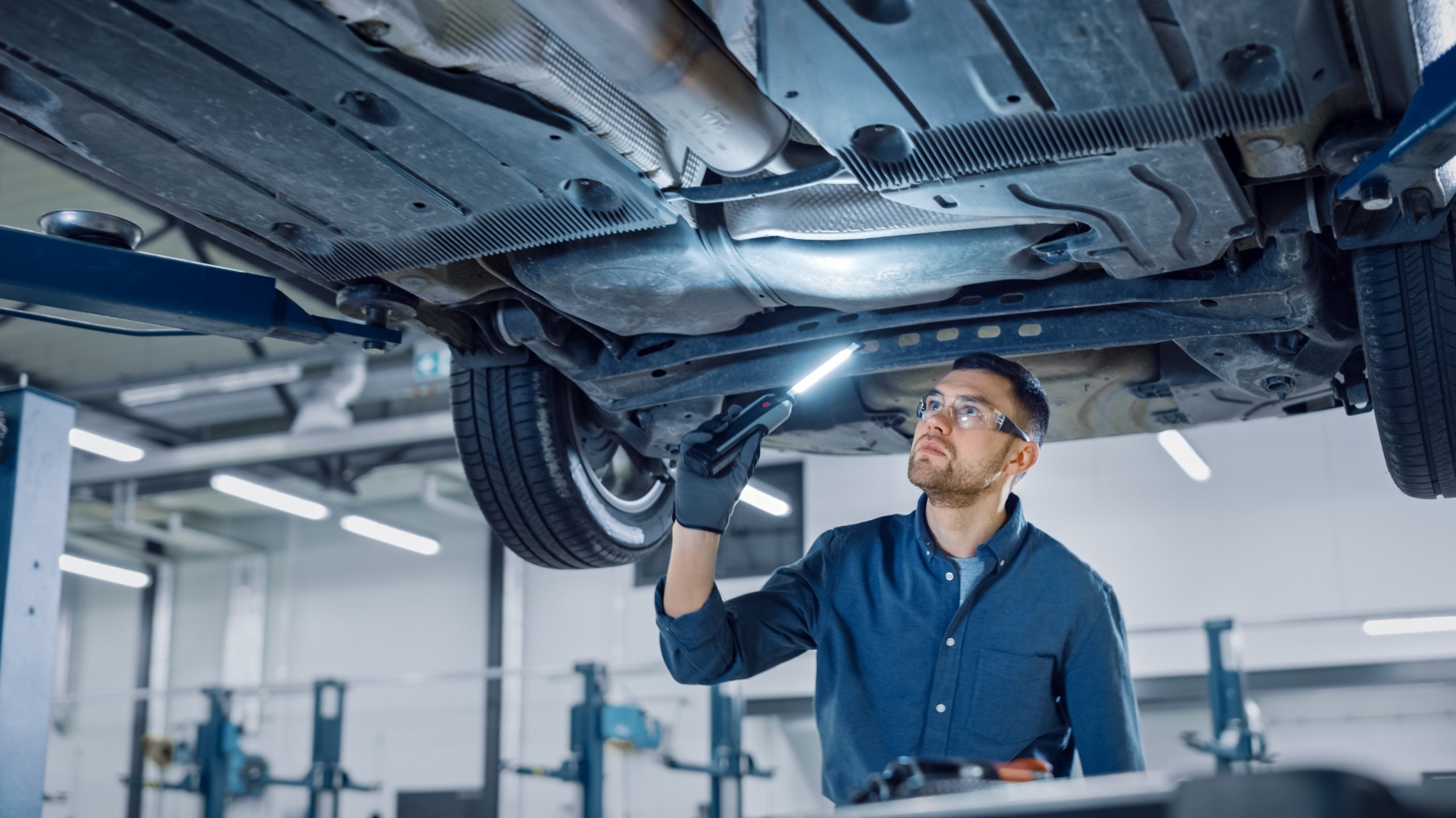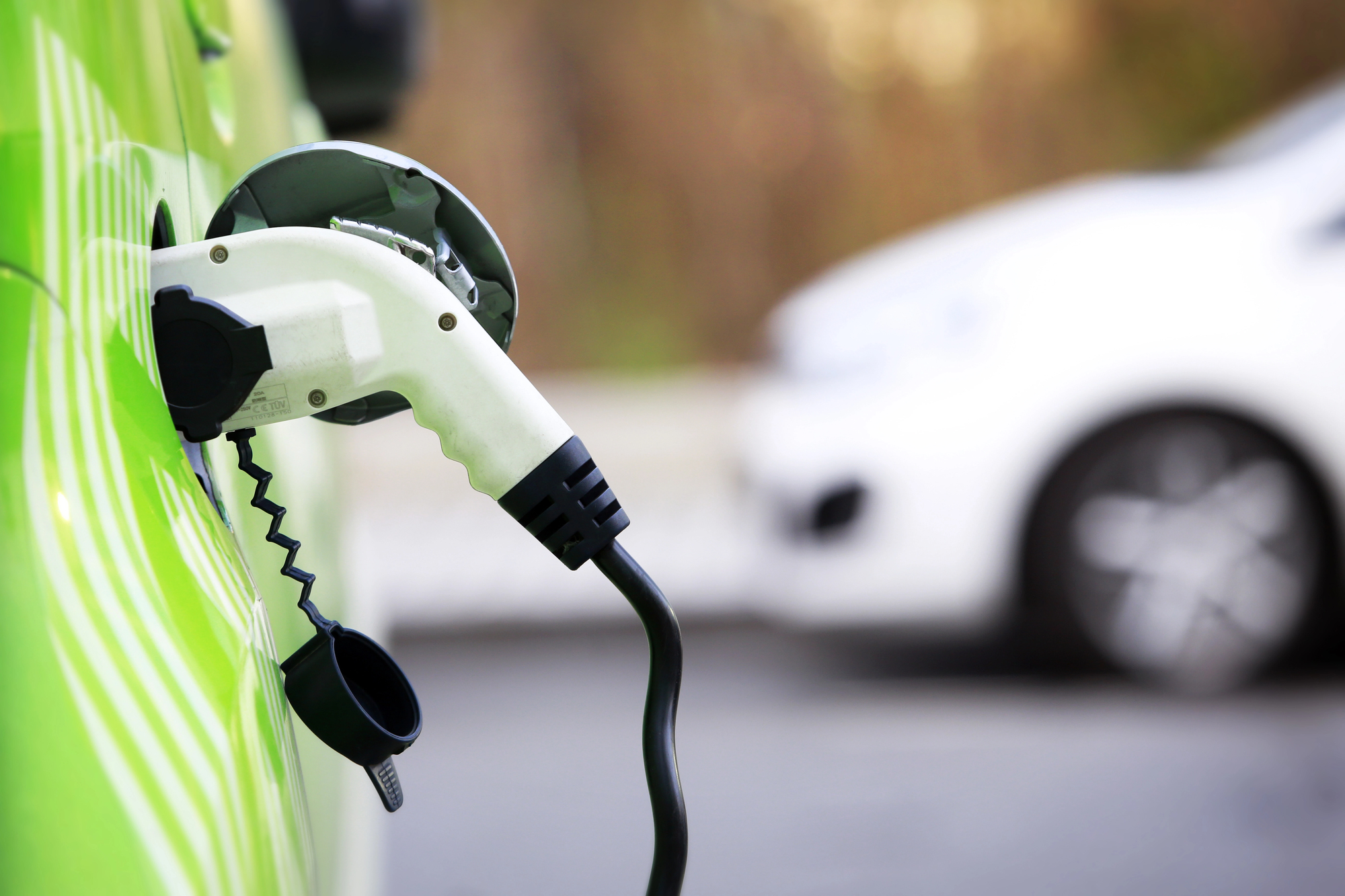Motor Ombudsman study shows driving under pressure is costing the nation’s motorists at least £112 million every year in lost tyres
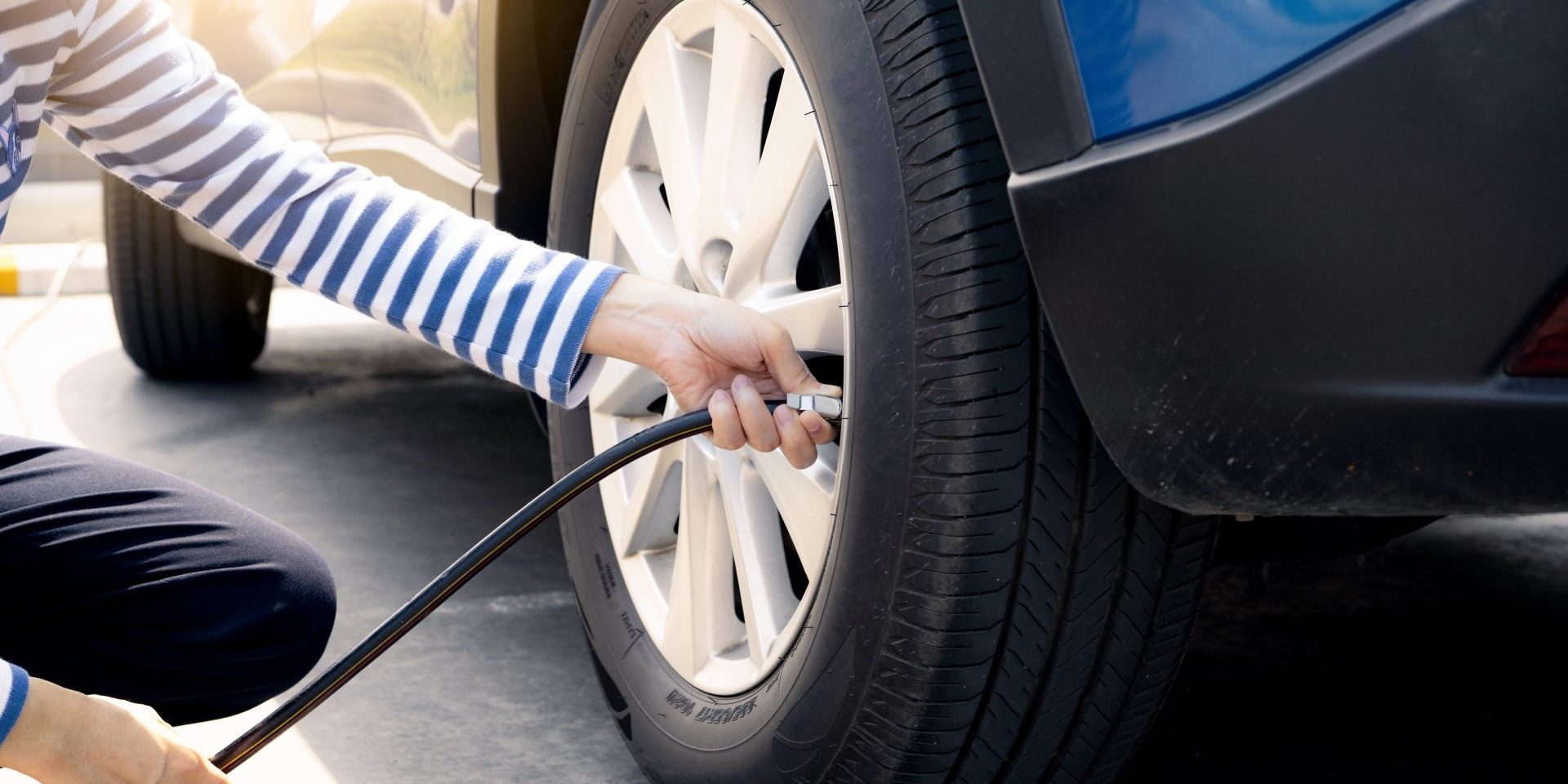
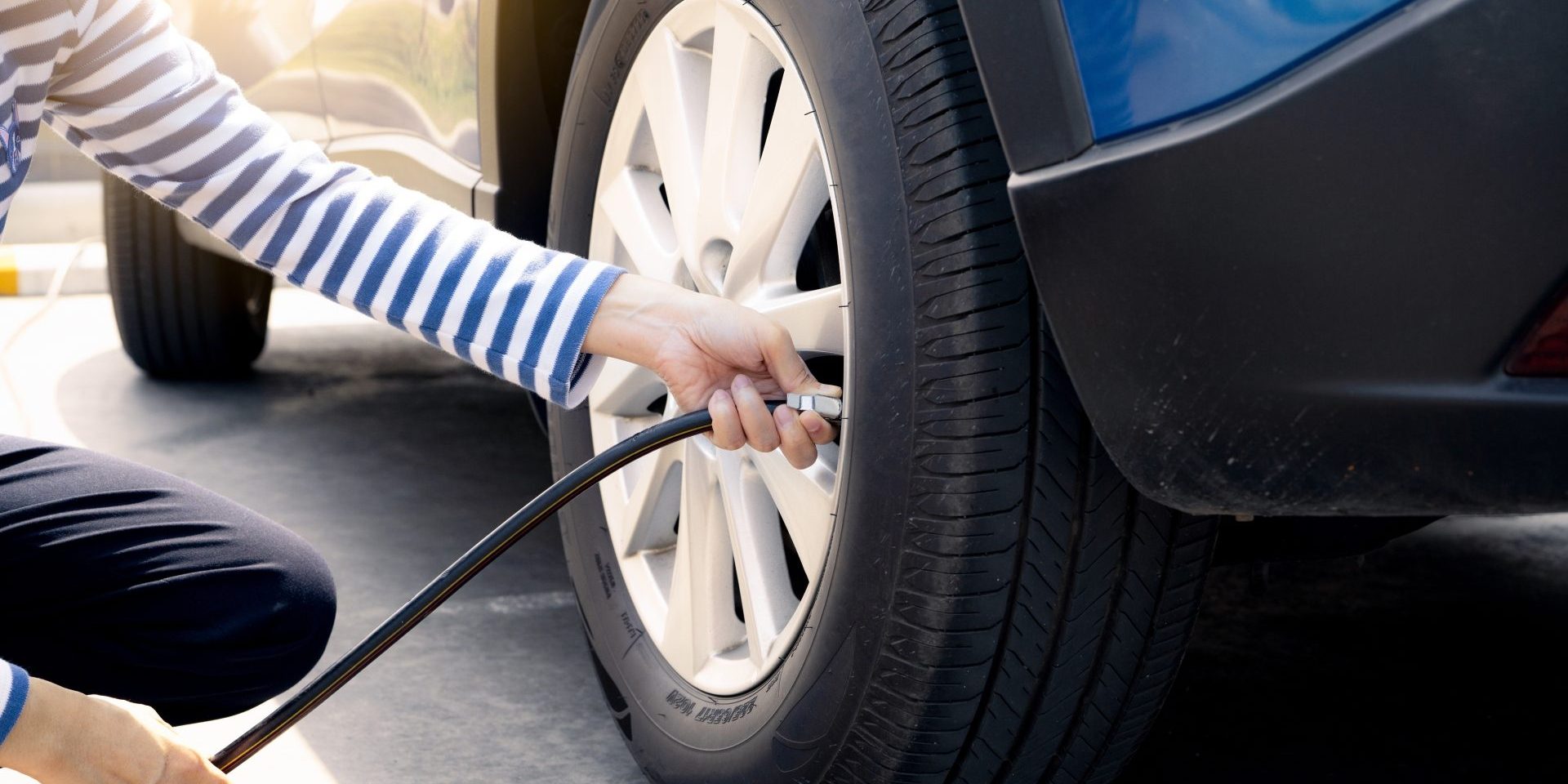
A study by The Motor Ombudsman, the Ombudsman for the automotive sector, has revealed that drivers using their cars with tyres that are inflated below vehicle manufacturer-recommended levels, is costing the nation’s motorists at least £112 million annually in wasted rubber. As well as presenting many hidden dangers, and increasing fuel consumption, running with less air than needed – also known as ‘under-inflation’, means that tyres wear out far quicker than they should, thereby reducing their lifespan.
According to figures from the British Tyre Manufacturers’ Association (BTMA), and charity TyreSafe, it is estimated that 57% of cars on UK roads have tyre pressures at 10% less than what is recommended by vehicle manufacturers. With around 33 million cars in circulation, this equates to around 19 million cars, or approximately 75 million tyres that are below par in terms of the levels they should be inflated to1.
With a 16-inch tyre being one of the most commonly-seen tyre sizes on cars across the country, and priced at an average of £85 per tyre2, the total bill handed to the nation’s drivers for tyres worn down prematurely, is at least an avoidable £112 million every year, equating to a preventable annual loss of 1.3 million tyres3.
Furthermore, as part of The Motor Ombudsman study, a survey of 1,000 UK car drivers was also carried out to gauge their level of confidence when it comes to maintaining a car. The findings showed that more than a third of respondents (37%) said they would not feel comfortable topping up the air in their tyres, which may be due to leaving them under or over-inflated, whilst over half (51%) explained they would shy away from measuring the tread depth to ensure it was above the legal limit of 1.6mm.
The findings of the study have been published as part of The Motor Ombudsman’s ‘Make Time for Tyres’ tyre safety awareness campaign, ahead of the summer holiday getaway, where millions traditionally take to the road for their vacation. The Motor Ombudsman initiative, which is supported by both TyreSafe, and tyre safety campaigner Sophie Lyden, has been designed to highlight the need for drivers to spend time looking at their vehicle’s tyres to ensure they are both safe and legal, and to visit a Motor Ombudsman-accredited business for any routine maintenance or ad hoc repairs to their care.
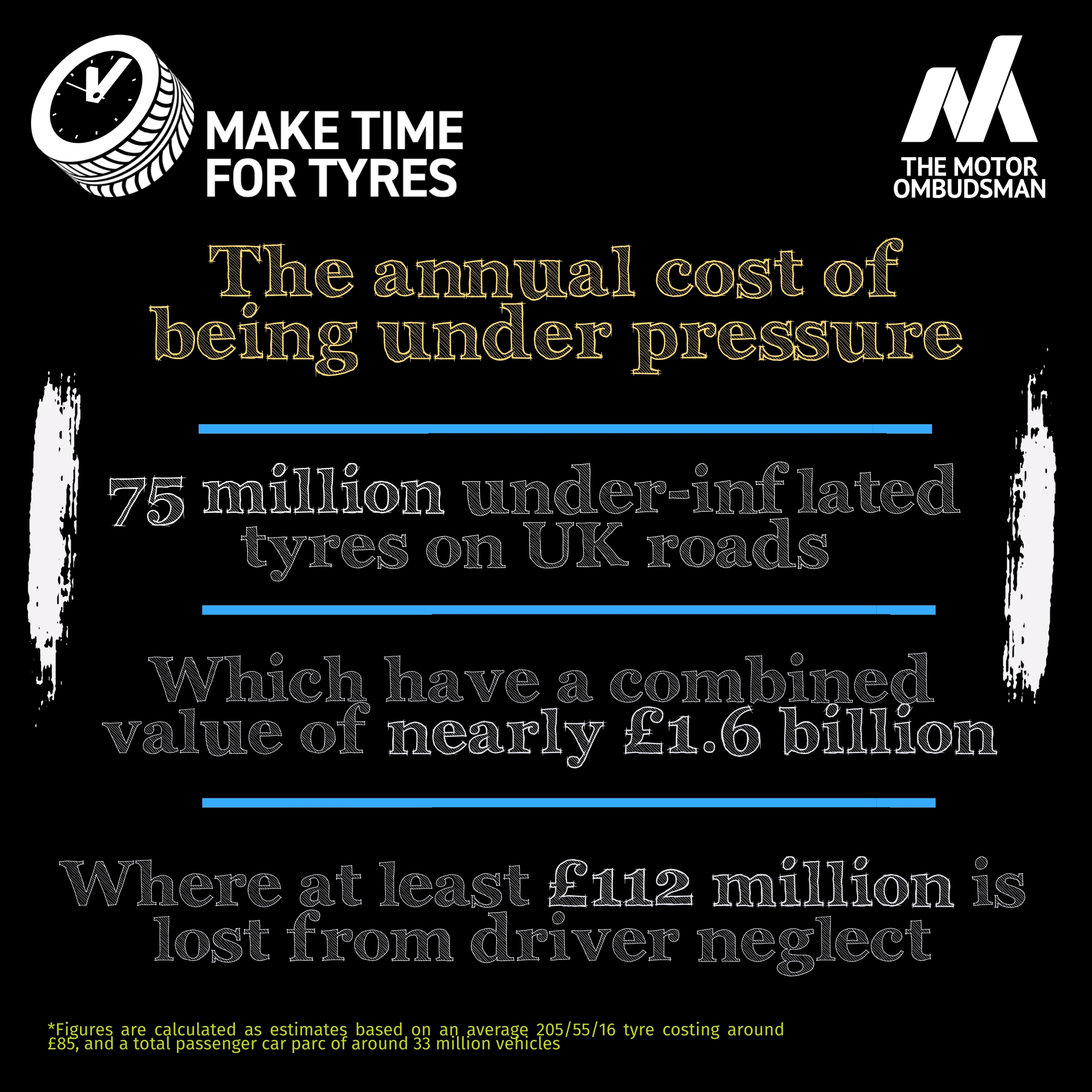
Bill Fennell, Chief Ombudsman and Managing Director of The Motor Ombudsman, said: “Under-inflated tyres carry a number of risks and costs. The purpose of our study and ‘Make Time for Tyres’ campaign, is to draw attention to the importance of drivers and vehicle owners caring for their tyres, so that they stay safe at all times, and benefit from using them to their full potential. Avoiding any unnecessary expense is especially pertinent with the current financial pressures on the nation’s motorists.”
Speaking about the campaign, Stuart Lovatt, Chair at TyreSafe, explained: “Under-inflation compromises tyre and vehicle performance, and can ultimately cost drivers and vehicle owners dearly, as The Motor Ombudsman study has clearly shown. We strongly urge motorists to observe the pressure levels recommended by vehicle manufacturers. This is because, they have been calculated with absolute precision to ultimately keep vehicle users safe when on the road.”
Backing the initiative, Sophie Lyden, tyre safety campaigner, and Depot Manager at Westgate Tyres in Morecambe, Lancashire, added: “Regardless of the length of journeys being undertaken, whether it is a short commute, or a longer trip away, drivers should check their tyres at least once a month to ensure that they are safe and legal. This includes the tread depth, pressure, and their overall condition at the four corners of the car, and of course, they should also take a look at the spare in the boot, should they have one.
“If motorists are unsure as to what to look out for, and how to carry out basic safety observations, they should seek help from a Motor Ombudsman-accredited business like ourselves. These small checks only take a few minutes, but the repercussions of not giving tyres the due care and attention they deserve, is far more costly in the long-run in terms of time and repairs. We therefore advise all motorists to keep an eye on their tyres for the benefit of all occupants and road users.”
To access The Motor Ombudsman’s information resources and tips on tyres, visit www.TheMotorOmbudsman.org/Tyres.
Notes
Research was carried out by Censuswide on behalf of The Motor Ombudsman. 1,000 UK car drivers aged 18+ were surveyed between 24th – 28th May 2024. Censuswide abides by and employs members of the Market Research Society which is based on the ESOMAR principles.
- According to the Driver and Vehicle Licensing Agency (DVLA), there were 33,187,000 licensed cars on UK roads at the end of December 2022.
Based on four tyres per car, this equates to a total of 132,748,000 tyres, of which around 57% are under-inflated (75,666,330), and are worth around £1.6 billion collectively (source: TyreSafe – the charity dedicated to raising awareness of tyre maintenance).
- This cost is based on the 205/55/16 (16-inch) tyre being one of the commonly-used tyre sizes for cars in the UK, priced at an average of £85 per tyre (source: the British Tyre Manufacturers’ Association).
- With every 10% of under-inflation, 10% of the ‘useable’ 6mm tread depth on a tyre is also lost due to premature wear, carrying a monetary value of over £160 million (i.e. 10% of the combined £1.6 billion worth of under-inflated tyres), or the equivalent of nearly 1.9 million tyres.
TyreSafe’s annual tread depth surveys show that 70% of under-inflation is caused by a lack of air through drivers neglecting tyres (the remaining 30% may be due to damage from potholes, for example), meaning the value of tyres wasted each year prematurely (around 1.3 million tyres) is at least £112 million. This is on the assumption that one tyre is replaced on every vehicle due to under-inflation, as opposed to all four.
- There are over 7,500 independent garages and franchise dealer workshops that are accredited to The Motor Ombudsman’s Service and Repair Code, and can be found on The Motor Ombudsman’s online Garage Finder (TheMotorOmbudsman.org/Garage-Finder).







